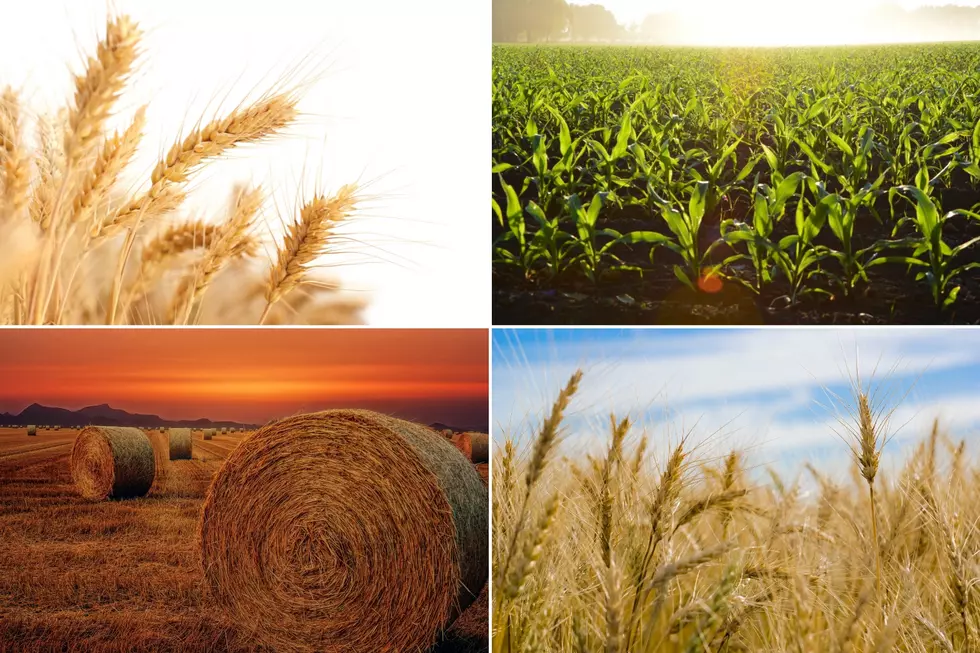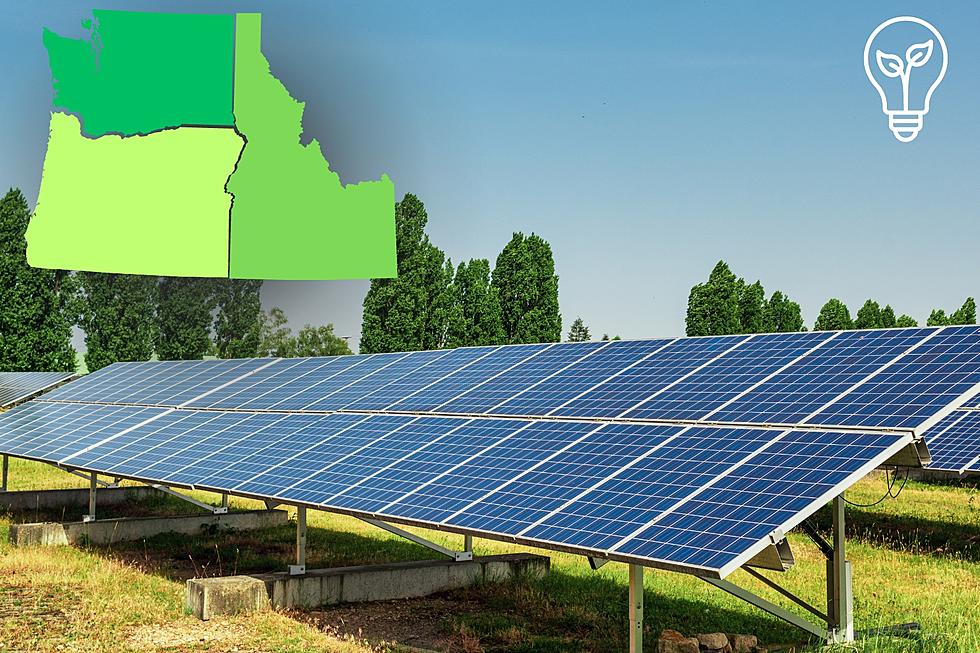
AFBF: Ag Needs More COVID-19 Help
According to the American Farm Bureau Federation agriculture’s rescue needs in any new COVID-19 Congressional aid package are huge, well more than help already provided. Ag losses already in the billions are growing by the day, from meat plant shutdowns and retooling costs, to livestock losses, to crop and dairy losses in mountains of unsold and destroyed product. The AFBF’s Andrew Walmsley said at this point even the good news isn’t that good.
“We are just now starting to see some states reopen; and, obviously, that’s going to be in a limited capacity, particularly on the restaurant side. So, we are taking stock on all the different ‘asks’ and estimations by all the different segments of the industry…but then, also looking long-term on what we expect in demand, and hopefully we’ll have a number soon, but we’re talking about billions of dollars of impact for producers.”
But Walmsley said some in Congress aren’t waiting, introducing aid packages now.
“One that would be a $50 billion COVID-19 aid to the Secretary’s office to get out aid to producers. We’ve also seen discussion and a bill introduced to replenish the Commodity Credit Corporation’s authority up to $68 billion. So, those are things that are kind of getting kicked around, along with a lot of talk on how we can be of assistance, when it comes to food aid, of getting resources to food banks.”
The current $19 billion USDA aid package came with huge strings attached, with a $125 thousand per commodity per entity payment limit now likely to change.
“The Secretary indicated that they readjusted those, we’re not sure exactly what exactly those will look like. That rule, the CFAP rule, is at OMB. We hope to see details here soon. But, I believe, in this next package, when you look legislatively, that’s why we’re going to need additional resources, just because the costs are so high.”
Walmsley said producer payments from the Coronavirus Food Assistance Program are still on schedule to start going out the end of the month. Other non-Ag specific programs, including Payroll Protection and Economic Injury loans, will have been exhausted. And some needs, like those in the ethanol industry, with dozens of plants shuttered, still haven’t been addressed.
If you have a story idea for the Washington Ag Network, call (509) 547-1618, or e-mail gvaagen@cherrycreekradio.com
More From PNW Ag Network









